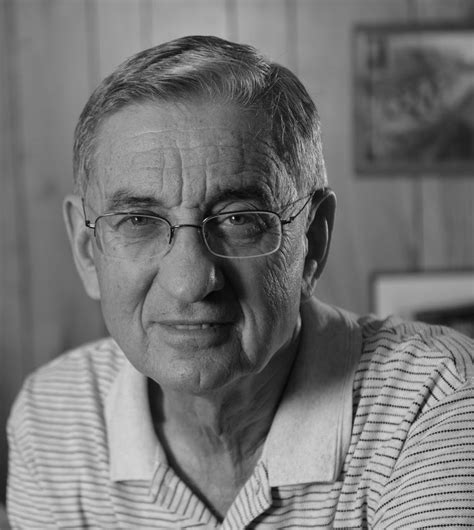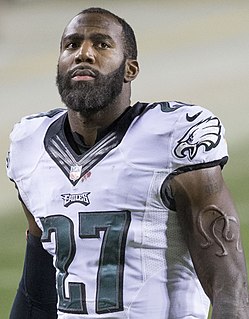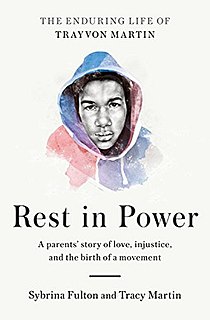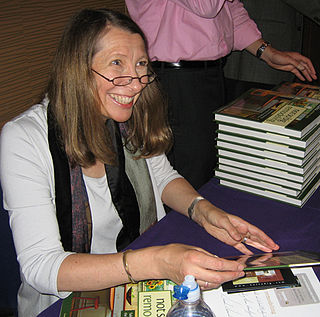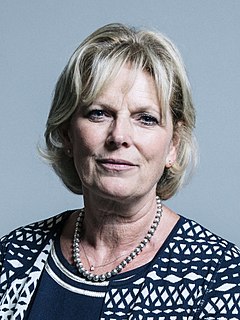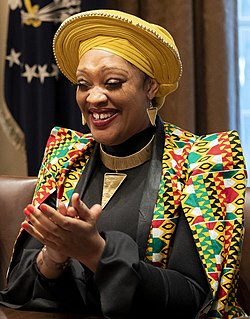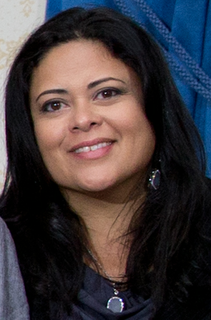A Quote by Michelle Alexander
I think that we need to begin talking about what does it mean to create these safe spaces in our communities, to begin welcoming one another into our homes and into our communities when they're returning home from prison, people who are on the streets. We need to begin doing the work in our own communities of creating the kind of democracy that we would like to see on a larger scale.
Related Quotes
My own view - and I'm very open to hearing other perspectives - is that this movement-building needs to begin at home, in local communities. It isn't about trying to launch a brand new national party overnight. It's about people in communities coming together across lines of difference, bringing with them their movements, their families, and coming together and saying, "How can we together build a movement of movements here at home? What would that look like? What do we want to do right here in our communities?"
We urgently need to bring to our communities the limitless capacity to love, serve, and create for and with each other. We urgently need to bring the neighbor back into our hoods, not only in our inner cities but also in our suburbs, our gated communities, on Main Street and Wall Street, and on Ivy League campuses.
If we are looking for insurance against want and oppression, we will find it only in our neighbors' prosperity and goodwill and, beyond that, in the good health of our worldly places, our homelands. If we were sincerely looking for a place of safety, for real security and success, then we would begin to turn to our communities - and not the communities simply of our human neighbors but also of the water, earth, and air, the plants and animals, all the creatures with whom our local life is shared. (pg. 59, "Racism and the Economy")
I would definitely like to see the education process more enhanced in African-American communities, because we need to be educated on laws that are relevant to our communities and our people, as well as to any other ethnic groups. A broader view of how people perceive African-American boys and girls in this country is what I'd like to see.
I want to clarify that one doesn't need to be a scientist or have fancy college degrees to know the truth about the health of our children, our communities, and the planet. Community members generally know far more about the health of their own communities than visiting "experts," yet that knowledge is often discredited because of another story that we tell ourselves: "real" education happens [only] in the halls of universities.

